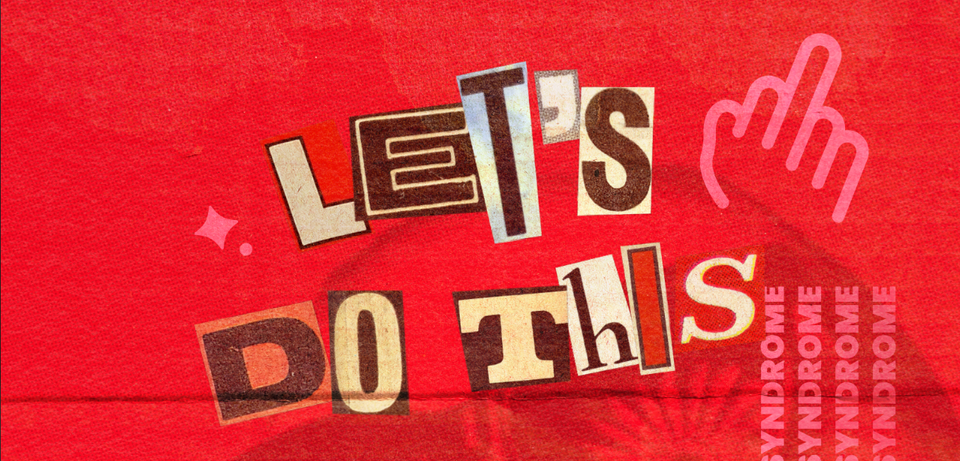Is coaching right for you?

Coaching:
- Is a bespoke one to one programme specifically designed to accelerate the success of the individual engaging in the process. As it is bespoke intervention, each individuals’ experience will be entirely different
- Can help you to define a powerful vision for yourself and give you the motivation to drive for it, setting better goals, reaching them faster, making better informed decisions, and improving the effectiveness of your overall performance and relationships either in your personal life or within the workplace
- Is about the future, discovering your potential and achieving it – faster. Your Coach will support you and encourage you to deliver higher performance by getting you to FOCUS on what is fundamental and most importantly, take consistent ACTION towards achieving performance goals
- Tools, knowledge and new skills are developed as a part of the programme so that you can implement these in your daily life for immediate and longer-term success.
How does Coaching differ to other popular interventions?
Unlike a consultant or mentor, a coach doesn't enforce changes – a coach gives their client the confidence to make their own changes and find their own solutions by accessing the qualities that are already inside them. Think it sounds a bit bullshit? I promise you it's not - you already have all the answers to your own questions and all the tools to solve any problems you're up against.
I totally understand why people are wary of coaching - it's a relatively unregulated industry and literally ANYONE can call themselves a coach these days, and charge a shit load for it. This is why I specifically wanted to qualify with the International Coaching Federation, as they have high standards and are bringing quality and ethical practice to the industry (even if you don't book with me, this is something you should look out for, or at least ensure that your coach has the relevant experience you require).

3 things Coaching is not…
Coaching often gets confused with other interventions, namely:
- Training
- Consultancy
- Counselling/Therapy
Coaching is NOT:
TRAINING
Training provides off-the-shelf information on what you need to do or how you need to do something (skills development) and stops there
CONSULTANCY
Consultancy brings in expertise, normally for a specific project or to identify a specific problem and then ideally goes in to fix it. At the end of this process the consultant leaves. Any accumulated knowledge or insights go with them.
COUNSELLING/THERAPY
Counselling looks back in time to address specific personal problems by providing an opportunity to lend voice to and explore concerns and issues
Additional Benefits of Coaching….
Aside from encouraging your performance, one of the many roles your Coach can play is that of sounding board and confidant. As someone who genuinely cares about your development and helping you to resolve any issues you face, the value of having someone ‘in your corner’ shouldn’t be overlooked. It may not be their main function, but it can be an invaluable one.
Coaching is often the favoured route of Business and Senior Managers because it is considerably more time efficient and effective than any other intervention. It is individually tailored to your needs and entirely outcome focused.
Coaching vs. Mentoring
Mentoring and coaching do have similarities and the two can get confused. They
differ in the following ways:
Mentoring:
• The mentor is the expert in a certain area and is willing to share their knowledge, experience and expertise.
• The Mentor gives the mentee advice and guidance on a specific area
• It takes a less formal format to coaching
Coaching:
• The coach may not be the expert in the area of focus
• The coach uses questioning techniques to develop the coachee
• It takes a more formal format
The 10 Key differences between a Mentor and a Coach
| A mentor will: | A coach will: |
| Need to know the details of the mentees activities | Listen intuitively and ask questions without any need to know details |
| Participate in problem solving | Ask questions that help the coachee to solve their problem |
| Jointly develop solutions and ideas | Stimulate the coachee to think more creatively and expansively |
| Provides insights into ways to move forward | Ask permission to share models or experiences that might be useful and suggest the coachee reviews them |
| Input ideas and suggestions | Use skilled questioning techniques to stimulate the coachee to generate new ideas |
| Share expertise and experience | Remain focused on the coachee's outcomes and only offer models or experiences for review if appropriate |
| Point to information or signpost sources of possible help | Use questions to help the coachee find appropriate resources and sources of help |
| Have an opinion and be ready to share it | Never offer opinions or advice as their role is to facilitate the coachee finding and taking ownership of their own solutions |
| Readily answer questions | Ask questions skilfully and effectively rather than answer them |
| Share in the success of the mentee | Seek only to facilitate the coachee's success |
So - hopefully that's cleared it up a little for you, but if you still have any further questions, you can drop me a line at hello@fiercefolks.com and I'll be happy to answer them for you.
If you feel ready to book for your free, no-obligation chemistry call, then head over to my booking page now: fiercefolks.com/book





Member discussion